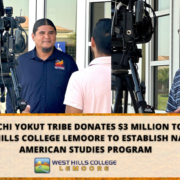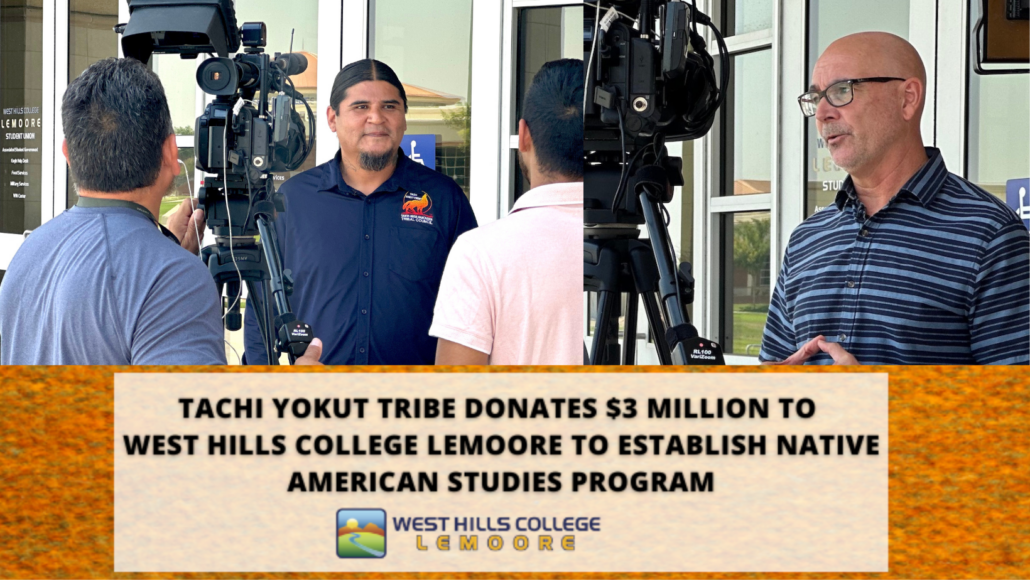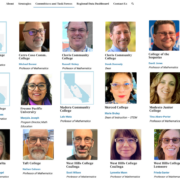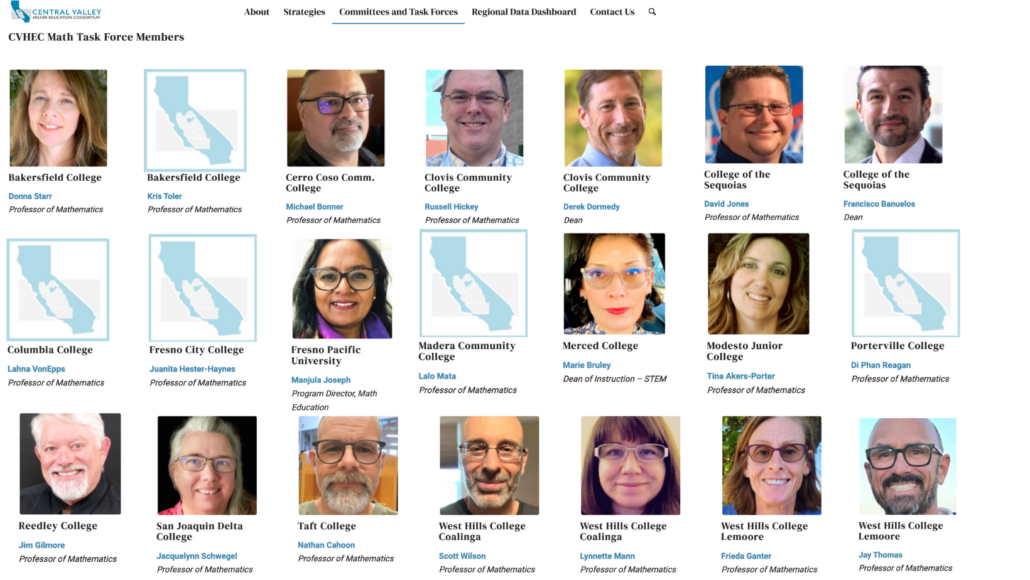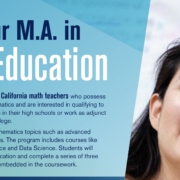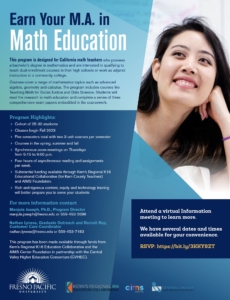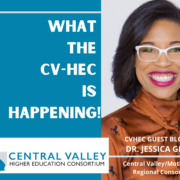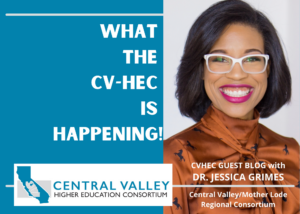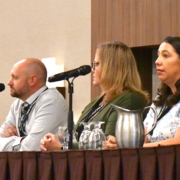CVHEC Summit 2023 features CCC Chancellor Sonya Christian keynote Oct. 20
‘Homecoming’ for former CVHEC board member
now leading California Community Colleges
Dr. Sonya Christian, chancellor of the California Community Colleges, will return “home” Oct. 20 when she delivers the keynote for the Central Valley Higher Education Consortium Summit 2023 in Fresno.
With the theme “Student Success through Equity and Inclusion — Thriving in the Central Valley,” the summit will be held from 9 a.m. to 3 p.m. Friday, Oct. 20, at the Fresno Convention Center’s Ernest E. Valdez Exhibit Hall.
About 200 higher education officials and educators, legislators and partner representatives are expected to attend the summit sponsored by the College Futures Foundation.
The quarterly meeting of the CVHEC’s board of directors – the chancellors, presidents and campus directors of the consortium’s 28 member colleges and universities in the nine-county region from San Joaquin to Kern – will precede the summit on Oct. 19.
CVHEC’s Welcoming & Networking Reception also will be the day before the summit at 5:30 p.m. at the Valdez Hall Breezeway, following the board meeting, providing an opportunity to connect with other attendees and the CVHEC Board of Directors in an informal relaxed setting.
The summit, which will also include a panel of students providing first-hand experiences in their higher education journey, will feature conversations on:
Chancellor Christian, whose keynote Friday will be at 9:15 a.m., made history as the first woman and first Asian-American, as well as a first-generation college graduate, named chancellor of the state’s community college system when she was appointed Feb. 23.
The chancellor served on the CVHEC board when she was president of consortium member Bakersfield College from 2013 to 2021 and more recently when she was chancellor of member Kern Community College District from 2021 to May until assuming the CCC top spot June 1.
Dr. Benjamín Durán, CVHEC executive director, said the board looks forward to welcoming back its former colleague.
“The California Community Colleges Board of Governors made a wise choice by selecting a leader who has proven she understands California’s community colleges and will advocate on their behalf at the state and national level,” Dr. Durán said when Dr. Christian was appointed.
“Chancellor Christian understands the needs and challenges of community colleges in the rural areas of California and the students and communities they serve.”
The remainder of the summit on Friday includes a “Federal Legislative Update” by Congressman Jim Costa and Dr. Hans Johnson, of the Public Policy Institute of California, presenting “The Central Valley Landscape.”
“Central Valley Transfer Model: The Breakthrough” will be the topic of the day’s first panel presented by CVHEC’s Transfer Project team of Dr. James Zimmerman, senior associate vice provost and dean for Undergraduate Education, UC Merced; Dr. Craig Hayward, dean of Institutional Effectiveness at Bakersfield College; and facilitated by team lead Stan Carrizosa, president-emeritus of College of the Sequoias who currently serves as a CVHEC regional coordinator.
In the past year, the Transfer Project team has delivered presentations on their progress throughout the state and nation as the CVHEC initiative, with its historic Mapper Project, has become a national model.
“The Central Valley Transfer Project includes streamlined processes for CC and CSU/UC faculty to collaborate like never before,” he added. “This has not only provided clear and easily accessible transfer pathways for students but builds a community of Higher Education instructors who care about and support each other’s success!”
The morning session ends with a panel on “Different Approaches to Equitable Dual Enrollment” including Dr. Lynn Cevallos, president of College Bridge, discussing the Math Bridge dual enrollment project now underway in two CVHEC initiatives (EIR and K-16).
Following lunch, the panel “Online Educational Resources / Zero Textbook Costs” with James Preston, president of West Hills College-Lemoore and a CVHEC board member.
This panel will discuss how CVHEC is in the process of creating its Zero Textbook Costs/Open Educational Resources Task Force to strategize about pursuing state funding available for this movement that has led to significant savings for students as well as improved materials quality. This summer, the project received a $580,180.00 state grant through the Fresno-Madera K-16 Collaborative Mini-Grant Award to begin Phase 1.
Also featured will be a panel of Central Valley college students sharing their experiences with Math Bridge; dual enrollment (earned an AA); OER; and CVHEC’s Transfer Project.
(NOTE: Panelist names and final agenda will be announced in the next CVHEC newsletter issue).
Registration for the free event and Summit updates are available at https://cvhec.org/event/2023-cvhec-summit/ or email Angel Ramirez, operations manager, at centralvalleyhec@gmail.com.
MEDIA INQUIRIES
CVHEC: Tom Uribes, cvheccommunications@mail.fresnostate.edu (559.348.3278)
Registration: CVHEC 2023 Higher Education Summit Registration, Fri, Oct 20, 2023 at 9:00 AM | Eventbrite
ABOUT CVHEC
The Central Valley Higher Education Consortium (CVHEC) is a California non-profit made up of 28-instutitions of higher education in the nine-county region from San Joaquin to Kern that is the size of some states. Through CVHEC, higher education professionals and academicians in the Central Valley address difficult and complex initiatives, scaling them up across the region for mutual effectiveness to serve our students and communities.

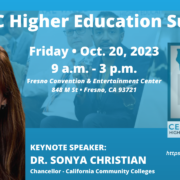
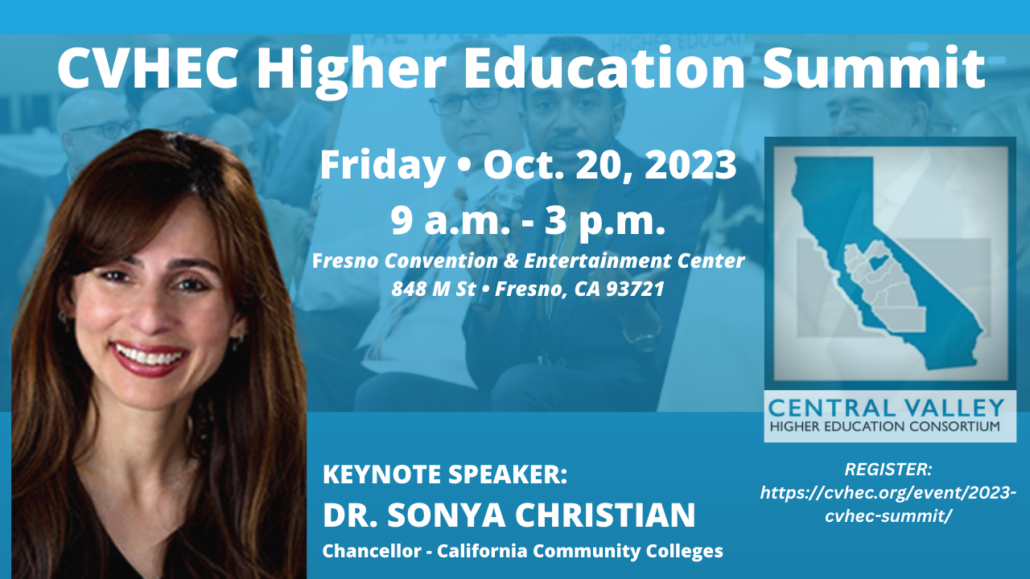
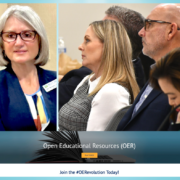
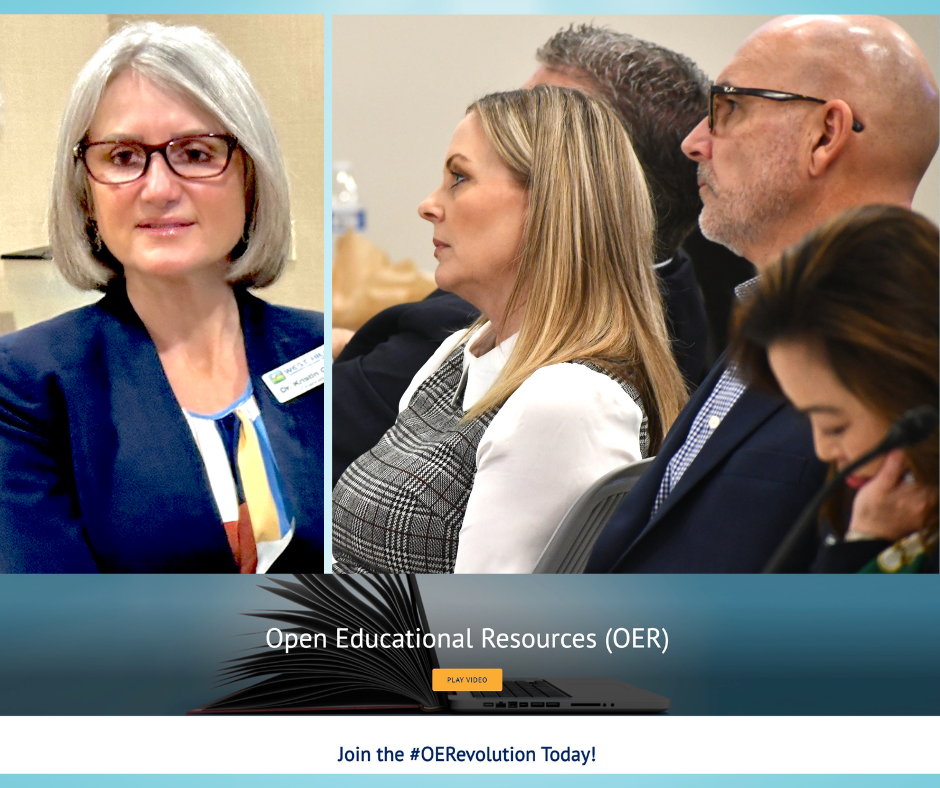
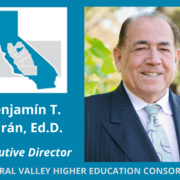
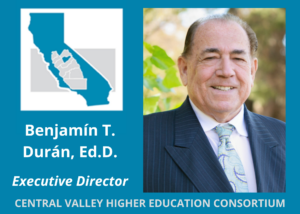 This funding will expand on
This funding will expand on 